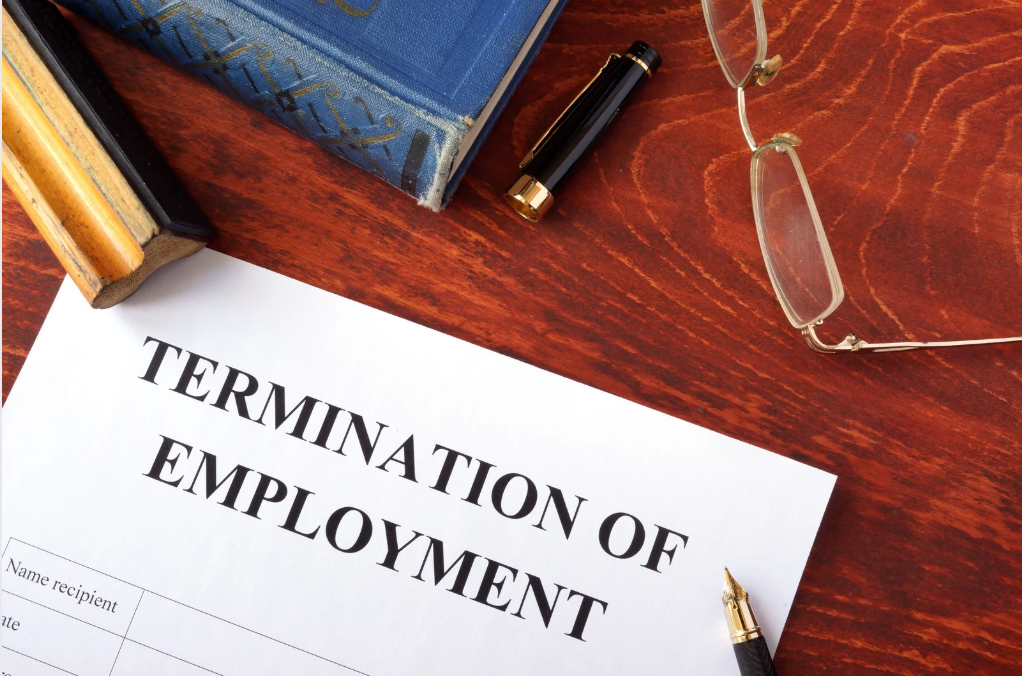How to Build a Strong Whistleblower Case in California
Originally, the phrase “whistle-blower” referred to a person who exposed the unlawful activities of a business or corporation that was cheating the government. Over time, however, the definition expanded to include any worker who spots and reports unlawful activities occurring at work or discloses corporate crimes that are being carried out without the victim’s awareness. It’s important to understand the legal landscape and the steps necessary to make a strong case if you’re considering becoming a whistleblower. California Law provides strong safeguards for people who come forward. At Gould Firm, we aim to provide a comprehensive guide to help you develop a strong California whistleblower case.
Understand What Constitutes Whistleblowing
Whistleblowers are crucial in exposing financial misconduct, safety breaches, fraud, and other unlawful activities in order to maintain accountability and legal compliance. These may consist of activities like fraud, discrimination, harassment, environmental violations, wage and hour violations, and health and safety violations. Whistleblowers in California have the option to inform government agencies or their own internal organization about wrongdoings. You must have a reasonable belief that the wrongdoing took place, and the violation must be unlawful or unethical.
Document Everything
It’s important to keep records of all the relevant information that will support your claims and build a strong whistleblower case. This includes:
- Emails or any form of communication
- Meeting notes
- Photos and video evidence of violations
- Reports that were made to your managers or HR
- Any witnesses willing to corroborate your claims
- Your records will be crucial in supporting your allegations, so ensure they are detailed, organized and accessible.
Ensure You Have a Valid Claim
You have to ensure that the actions you are reporting are indeed illegal. California law only protects whistleblowers when they report violations of laws, regulations, or public policies. For example, you may not be protected under whistleblowers laws if you are reporting an issue that is simply a matter of company policy or internal disputes. You’ll want to consult with an attorney who knows whistleblower cases and can review and tell you how to proceed.
Know your Whistleblower Protections
Under the California Whistleblower Protection Act (Labor Code Section 1102.5), employees are protected from retaliation for reporting violations of laws or regulations. So, employers can’t fire, demote, harass, or otherwise retaliate against employees for making a whistleblower complaint. You’ll want to document any retaliation you believe your employer is taking part in. Whether that be changes in your job deputies, warnings, or adverse actions.
File a Complaint with the Proper Authorities
Depending on the type of infraction, whistleblower complaints in California may be sent to multiple agencies. Typical agencies include the following:
- The California Labor Commissioner’s Office (for wage and hour violations)
- The California Department of Fair Employment and Housing (for discrimination or harassment)
- The California Environmental Protection Agency (for environmental violations)
- The U.S. Securities and Exchange Commission (for fraud in financial markets)
It’s essential to file with the correct agency so that your cause can be thoroughly investigated. Your lawyer can assist you with the filing procedure and make sure that all the paperwork is filed.
Consider the Role of Legal Counsel
Cases involving whistleblowers can be complicated, particularly when retaliation or big, resource-rich businesses are involved. It is essential to have an experienced lawyer on your side. They can help you:
- Handle the legal system
- Recognize your rights and safeguards
- Make sure the foundation of your case is strong
- Deal with your employer's retaliation or other types of retribution
- Explore options for filing a lawsuit if necessary
A lawyer can also make sure you comprehend the possible outcomes of your case, such as your chances of getting compensation for any injuries you sustained because of retaliation.
Prepare for Potential Challenges
It’s not easy being a whistleblower even though you are protected by California law, as employers may use all tactics to discredit your claims. Likewise, they can make false allegations against you or intimidate you. It's important to be prepared for the emotional and professional challenges that may arise but remember that you are standing up for what is right.
Careful planning, solid documentation, and a thorough awareness of your legal rights are necessary to construct a compelling whistleblower case in California. You may make sure that your case is presented successfully by being aware of the protections that are available to you and by collaborating with a competent lawyer. Don't be afraid to speak up and change things if you think you have seen unethical or unlawful behavior. With the correct strategy, you may successfully navigate the whistleblowing process, and California law is on your side.
Get in touch with the knowledgeable lawyers at Gould Firm if you require assistance in pursuing a whistleblower lawsuit. Our goal is to assist you in pursuing justice and defending your rights.










